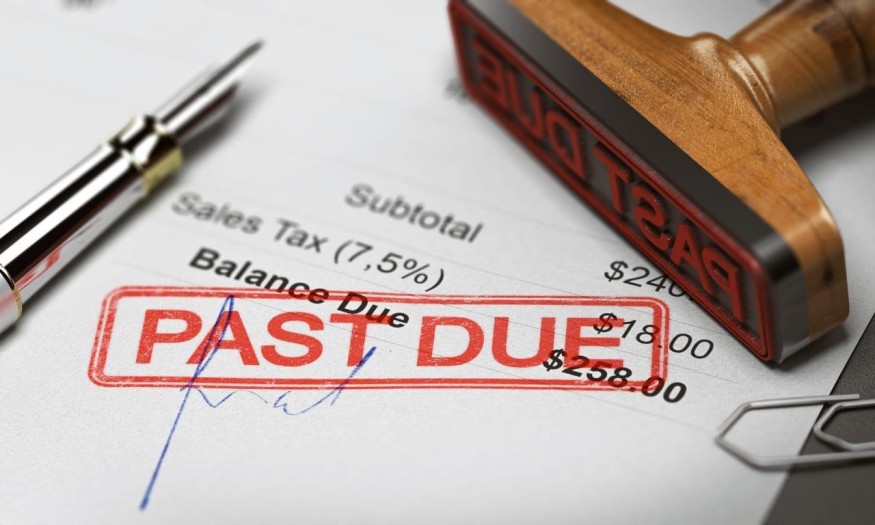How to Avoid Becoming Personally Liable for Business Debt

About 30% of businesses fail due to a lack of funding. If your business needs an injection of cash, you may be considering different lending options. You need to be careful in how you navigate these financial waters.
While you want to secure funding for your business, you don't want to be personally liable for business debt. Use this guide to help you understand how to avoid personal liability.
Choose the Right Business Structure
How your personal liability is determined will depend on the business structure you choose.
If you operate a sole proprietorship or partnership, then you and the business entity are essentially the same. This means that if the business can't pay its debts, creditors can come after your personal assets. The only assets that are protected are ones statutorily protected by your state's laws.
A corporation or LLC is a separate entity from you, the person. You are generally not liable for the business' assets, and creditors can't come after your personal assets. There are exceptions to the rule.
Personal Guarantees
Some lenders will want you to guarantee a business loan personally. If you agree to this stipulation, then you are signing yourself up for personal liability, should the business fail to repay the loan.
Using Personal Property as Collateral
The lender may require a physical asset to secure the loan as collateral. Only use the business owned property. If you offer your personal property as collateral, now you're personally liable for the debt, and your assets are at risk.
Signing Your Own Name to a Contract
When you sign contracts, you need to be careful that you always do it in the capacity as a representative of the business. By only signing your name and leaving off the company, you've made yourself personally liable.
You can check your current contracts by looking at the signature block of the agreements. If it just says your name, you're personally liable. If it says your name and then in the capacity as owner or officer, then the business is liable.
If you find that you're personally liable, work with a company like Debt hunch to consolidate your debt and get back on financial track.
Use a Personal Loan or Credit Card to Fund Business Activities
Don't take a credit card out in your name or apply for a personal loan to fund your business. Both of these make you primarily liable for the debt. Unlike other funding options that we've discussed so far, these methods don't seek repayment from the business first.
Even if you seek out a business credit card, the card issuer will require you to be personally liable under the terms of the agreement.
Fraud or Misrepresentation
If you commit fraud or misrepresentation when securing funding or agreeing to a contract, then you can be held personally liable for the debt. This also happens if you failed to maintain a legal separation between the business operation and your personal finances.
Personally Liable for Business Debt
If you have a small business, it's best to keep those activities completely separate from your personal finances. This will ensure you don't accidentally become personally liable for business debt.
Check out the Ecommerce section of our blog for more financial advice to running your business.
Subscribe to Latin Post!
Sign up for our free newsletter for the Latest coverage!
© 2025 Latin Post. All rights reserved. Do not reproduce without permission.















